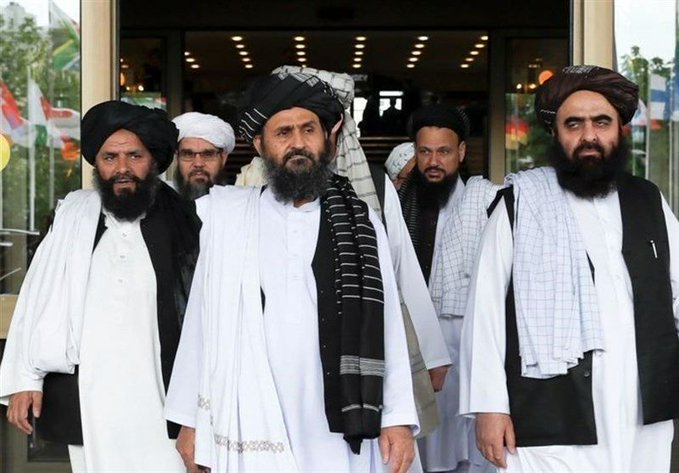RASC News Agency: Al Jazeera recently published an article revealing that several Taliban leaders, dissatisfied with the ultra-conservative policies of Mullah Hibatullah Akhundzada, have quietly moved their families out of Afghanistan. Lakshmi Venugopal Menon, a PhD candidate at Qatar University, authored the article for Al Jazeera. In it, she mentions interviews conducted with current and former Taliban members who do not support Mullah Hibatullah’s hardline stance. According to some of these sources, their families now reside abroad, where their children can pursue education without the restrictions they would face in Afghanistan.
The article highlights that these Taliban officials, discontented with Akhundzada’s rigid governance, have ensured that their families are settled outside Afghanistan, where their children enjoy access to education. Ironically, while these leaders enforce strict educational bans for girls within Afghanistan, they allow their own children to attend schools abroad. Menon points out that the Taliban’s conservative leadership restricts education for Afghanistani children, yet does not impose the same restrictions on their own offspring. The report also suggests that disgruntled Taliban figures, seeking to shield their families from these oppressive policies, are working to relocate more of their close relatives abroad.
The article delves into growing dissatisfaction with the conservative inner circle of Taliban leadership in Kandahar, particularly its intensification of policies that have increased public discontent and deepened fissures among the group’s ranks. Menon also references remarks by Sirajuddin Haqqani, the Taliban’s Interior Minister, who in February 2023 criticized the concentration of power, stating: “Monopolizing power and tarnishing the entire system’s image serves none of our interests.”
She argues that Mullah Hibatullah and the conservative elements of the Taliban leadership in Kandahar have created a culture of fear, dismissal, and marginalization, effectively silencing the newer generation of leaders. However, Menon warns that Akhundzada’s relentless push to consolidate power could have unintended consequences: “This strategy risks deepening internal rifts, potentially leading to fragmentation or even an uprising against the leadership.”






